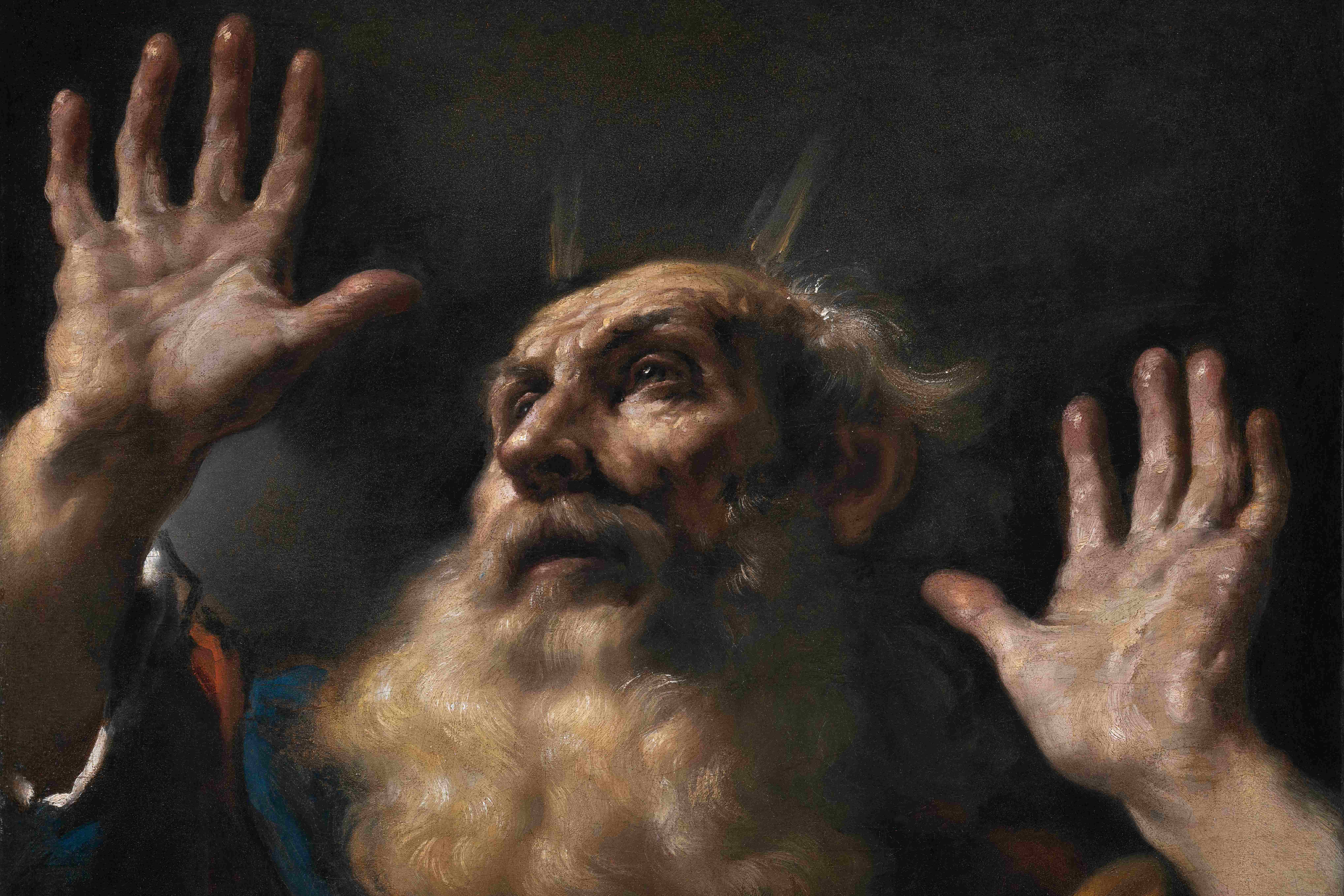Rediscovered Guercino painting to go on public display for first time
The painting, Moses, was created by Italian artist Guercino between 1618 and 1619.

A newly unearthed 17th-century painting by the artist Guercino is headed for public display for the first time at Waddesdon Manor.
The painting, Moses, depicts the Old Testament figure in a “gesture of praise”, raising his head and hands to connect with God.
It will be revealed alongside four other Guercino paintings, which include King David, the Samian Sibyl, Libyan Sibyl and the Cumaean Sibyl with a Putto.
This is the first time all of these paintings have been together in one location since leaving the artist’s studio in 1651.
Crafted by the Italian painter between 1618 and 1619, Moses was in the possession of a 17th-century Roman Catholic cardinal and his descendants until the 1800s when its whereabouts became unknown.
It is thought the painting may have been relocated to France by art dealers, where it was rediscovered in 2022.
Pippa Shirley, the director of Waddesdon, said: “We are so excited to be able to display this group of paintings in a first for Guercino at Waddesdon, and to put a new acquisition on display also for the first time.
“The arrival of Moses felt irresistible because it appeared just as we were planning this exhibition, with the great painting of King David at its heart.
“Bringing the two together with the group of sibyls creates an incredibly rich context of contrast and comparison, allowing us an insight into the arc of Guercino’s extraordinary career.”
Born in 1591, Guercino was among the most sought-after Italian painters of his era, enjoying a successful career producing hundreds of artworks under the patronage of popes, foreign courts, and dukes.
He was renowned for his baroque painting style, characterised by dramatic compositions, intense emotions, rich colours, and intricate details.
“The sibyls in particular are emblematic of his work, as he returned to the subject of these mysterious and powerful female seers again and again,” Ms Shirley said.
“I hope that they will create the same fascination for our visitors.
“Because the way in which all of these paintings embody ideas of faith and foresight, power and prophesy and how the past relates to the future is as relevant to us now as it was in the uncertain 17th-century world.
“We are immensely grateful to the National Gallery and His Majesty the King and the Royal Collection for so generously enabling this potent encounter.”
Moses and the four other paintings will be publicly displayed at Waddesdon Manor, Buckinghamshire, from March 20 until October.
Bookmark popover
Removed from bookmarks